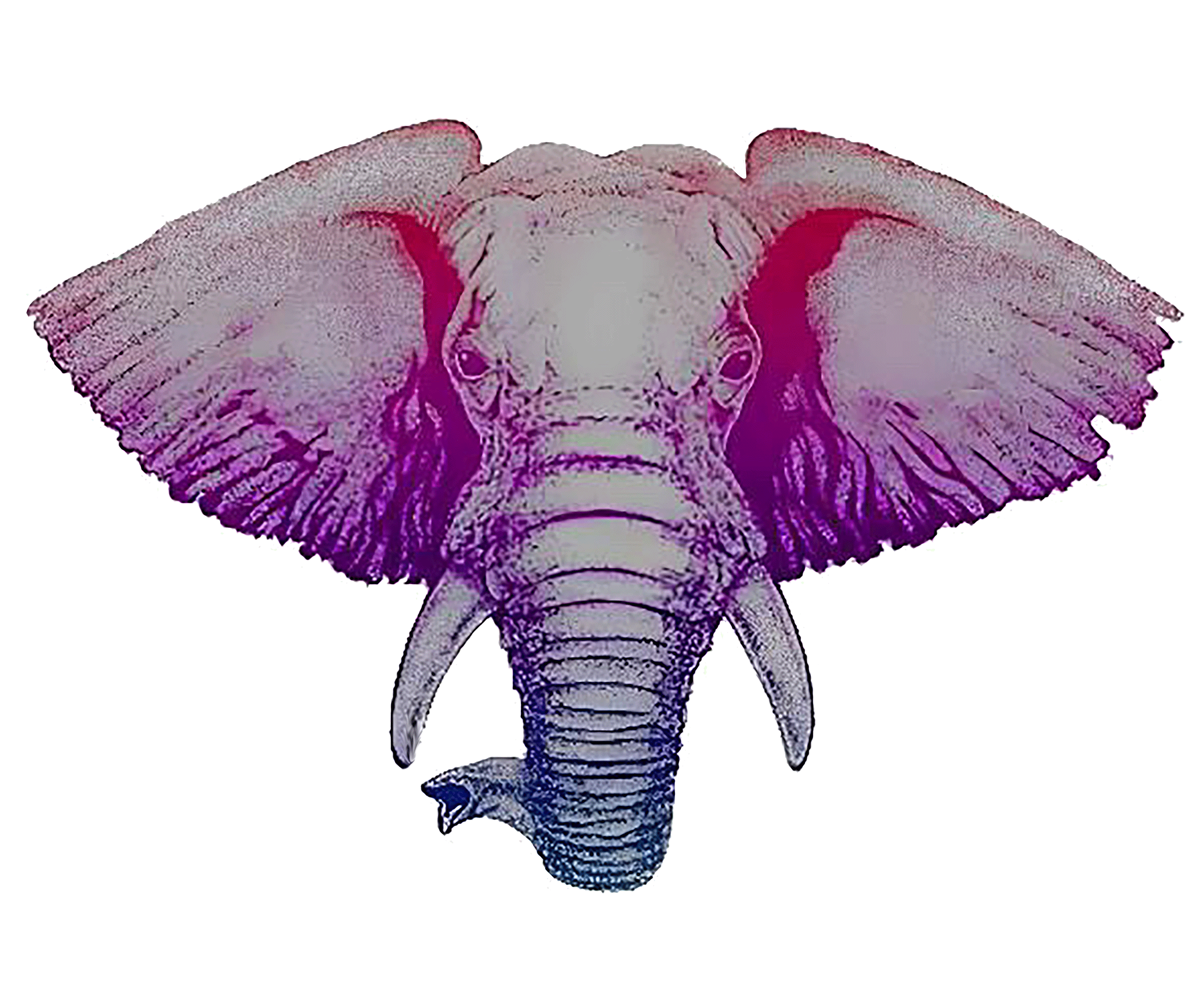Graduation can be exciting and scary at the same time.
You made it to a pivotal point in your life. You should feel very proud of yourself. You did it!
Types of Anxiety
-
Obsessive-compulsive disorder (ODC) involves the repetition of certain behaviors to relieve anxiety. Examples of these behaviors include washing hands or cleaning repeatedly.
-
Post-Traumatic Stress Disorder (PTSD)occurs after victims are involved in a life-threatening or highly frightening event such as military combat or a bad accident. It may include flashbacks, nightmares, panic attacks, and other symptoms.
-
Panic disorder involves episodes of intense anxiety. Victims might display physical symptoms such as a rapid heartbeat, sweating, and stomach pain.
-
Social anxiety disorder, also known as social phobia, causes victims to be overwhelmed by anxiety symptoms in certain social situations, such as public speaking.
-
General anxiety disorder (GAD) is a condition that involves chronic anxiety symptoms, tension, and worrying.
Preventing Anxiety
If you're concerned that you could become a victim of anxiety, there are ways to lower your risk. Here are some preventative measures you can take.
-
Eat a healthy diet. Anxiety can be affected by nutrition, chemical balances, and hormones, so eating right is essential for improving and stabilizing your overall mood.
-
Take time every day to unwind. Spend at least a few minutes every day taking a walk, observing nature, listening to relaxing music, or doing another quiet activity that you enjoy.
-
Avoid substances such as caffeine, alcohol, and sugar. Certain substances make the symptoms of anxiety worse, so reduce or eliminate them from your diet.
-
Connect with people. Have some friends over, or go out and do something fun with your loved ones. Volunteer. Get involved in your community. By spending time with others, you can reconnect with what's meaningful in life and focus your attention away from things that can trigger anxiety.

